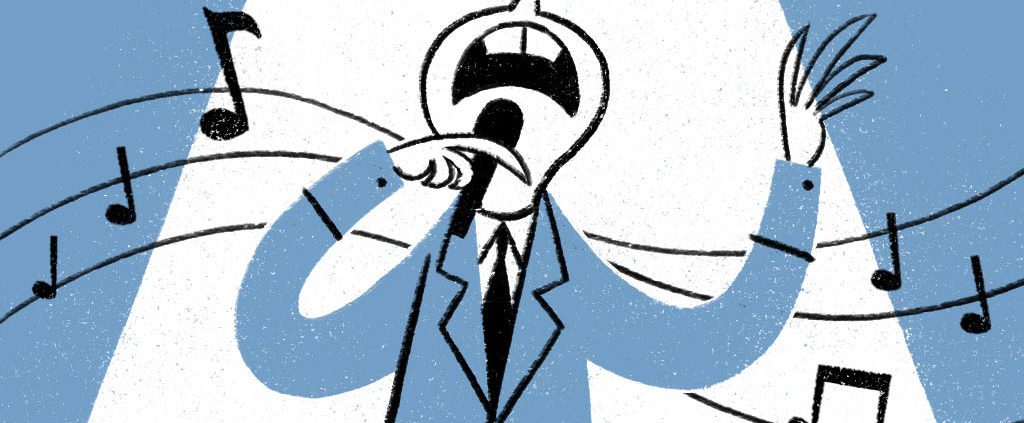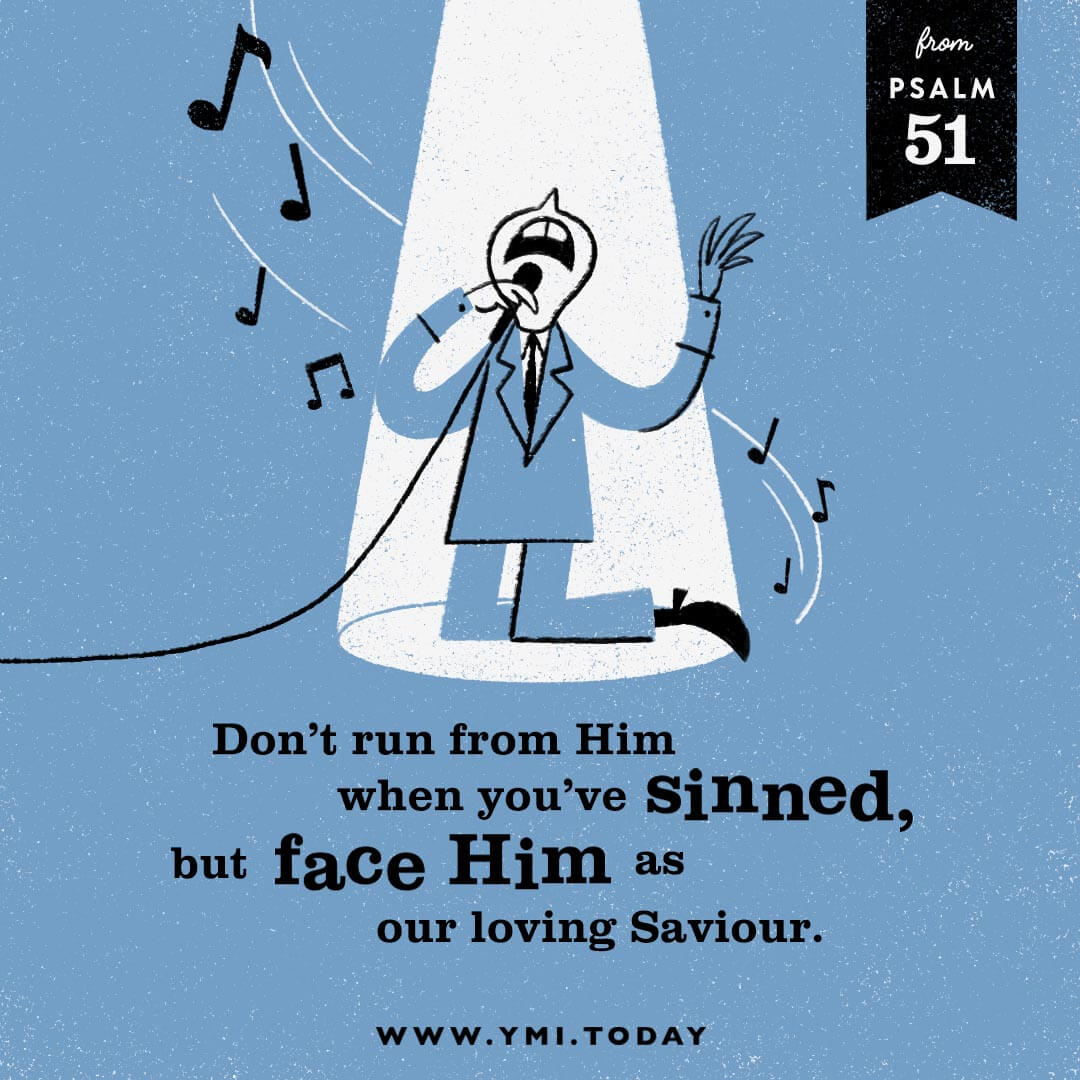YMI Reading Psalms Day 4: Sorry is the Hardest Word
In C. S. Lewis’s fantasy novel The Horse and His Boy, Aravis, a young girl of noble birth, flees her home to escape a forced marriage. She runs into the lion Aslan, lord of the land of Narnia, but does not recognise him. Unexpectedly he claws her, leaving exactly 10 scratch marks on her. The wounds are painful but Aravis recovers, even as she wonders what the encounter meant.
Eventually Aslan explains his actions to Aravis. Earlier, Aravis had done something to cause her slave girl to be beaten unjustly, which she did not regret. That was why Aravis received those scratch wounds—matching every stroke of the whip the slave girl suffered—so that she would know the pain her selfishness had caused.
Like Aravis, we can also be blind to our own sins. Sometimes we cruise along in ignorance; other times we knowingly go against what is right and make excuses.
But God is too loving to allow us to persist in such behaviour. When we do, He may confront us in a painful encounter, not to crush us, but to bring us to our senses.
Psalm 51 emerges from a similar encounter between God and David. It all started when the king chanced upon a beautiful woman, Bathsheba. He then coveted her, even though she was someone’s wife. This snowballed into adultery, deceit, and finally, murder (2 Samuel 11).
In response, God sent the prophet Nathan to pronounce judgment on David—because of his sin, his child with Bathsheba would die (2 Samuel 12:14). Through this, David learnt the painful cost of sin, and Psalm 51 became his prayer of remorse and repentance.
The psalm begins with David owning up to his sins, confessing his spiritual bankruptcy in the face of God’s holiness (Psalm 51:3-6). Likewise, when God opens my eyes to my sin, I’ve found that the best response is to acknowledge the magnitude of what I’ve done, remembering that God is the righteous and rightful judge (vv. 3-4). This means not glossing over my mistakes, taking for granted that God would forgive anyway.
But to avoid going the other extreme—fearing that I can’t be forgiven—I also remember that God is merciful and loving (v. 1). From the beginning, He has wanted to save us and make us right before Him (v. 6). This means I don’t need to keep fixating on how far I’ve fallen. I can accept the reality of my sin and still find assurance in God’s love for me.
Aware that even in judgment, God’s grace can be found, David pleads for God to cleanse him (vv. 1-2, 7, 9, 14) while expressing faith in God’s “unfailing love” (v. 1). He offers God nothing but confession and praise (vv. 13-15), and “a broken and contrite heart” (v. 17) for God to mend and make new.
Like David, we’re ultimately powerless to wipe out our sins (vv. 7, 16). We can only offer God the flimsy scraps of our flagging faith (v. 19). And that is what He wants; He doesn’t need us to do something noteworthy to make amends. He wants us to admit our helplessness so we can receive His grace and mercy in full.
The psalm teaches us that after seeking forgiveness and cleansing from sin, we also pray to be restored to “joy and gladness” (v. 8), to “a pure heart” (v. 10), and to experience again the Holy Spirit’s dwelling (v. 11)—all things that only God can do.
Psalm 51 is God’s invitation to not run from Him when we’ve sinned, but face Him head on as our loving Saviour. Even when He allows us to suffer sin’s consequences, it’s not to destroy us but to turn us from destruction and toward greater joy. His goodness awaits us when we acknowledge how poor we are in spirit and go to Him to be forgiven and made new.
—Jie En Heng
Return to YMI Reading Psalms Homepage





Leave a Reply
Want to join the discussion?Feel free to contribute!